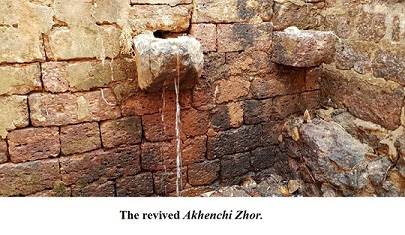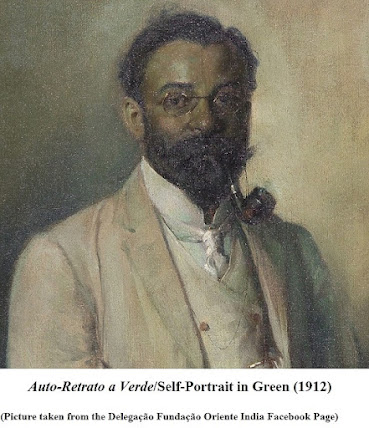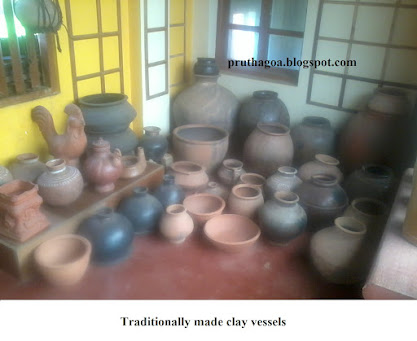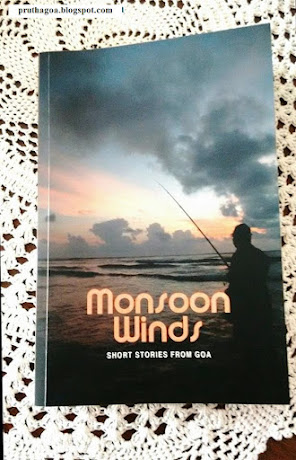As the Butterfly Flies
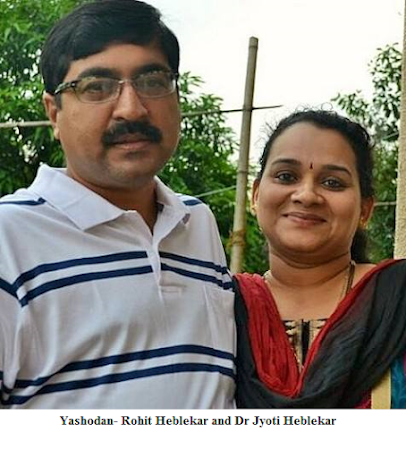
Yashodan Heblekar and his wife Dr Jyoti Heblekar are unusual in their repudiation of the fast paced city life that most associate with money and ease. Jyoti is a practicing Homeopath and Yashodan an insurance salesman with an engineering and an MBA degree. Eccentric and innovative in their approach to life, the husband and wife team, along with their son and daughter, Tanmaye and Shrusti, who are also the resident butterfly experts, have created a butterfly conservatory around their house called Mystic Woods. The flight from the city prompted the couple to build a house in Pisgal, Ponda (Goa), which is unique in its construction in that it supports a garden on its roof and is built on huge rainwater harvesting tanks. The roof garden has come under fire for its apparent infeasibility. Prophets of gloom and doom have predicted roots growing through the roof, leakage and erosion of soil in the monsoon season. Fortunately, science and a bit of luck have rescued the house from any such cala
